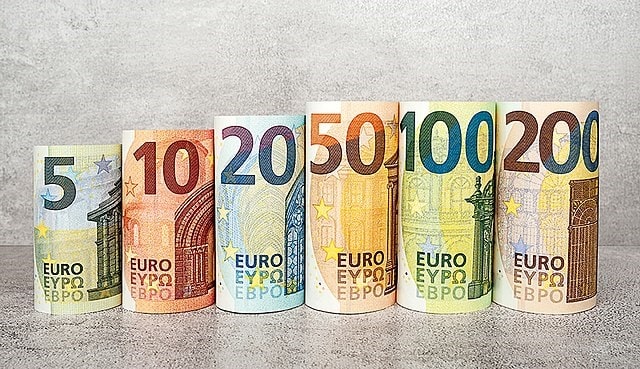It’s hard not to daydream about having your own little slice of paradise in France, but are your daydreams being interrupted by questions of how to go about it? One of the most common questions we see in the real estate space in France is, “can I borrow money for a house in France as a non-resident?” A lot of people assume this is where their dream might not become a reality, but the answer is yes, you can borrow money in France as a non-resident. Not only that, but it can be a relatively simple process provided you have the right team in place.
What is the borrowing process for non-residents?
There are a few things you can do to prepare for the borrowing process.
French banks offer mortgages in France for foreigners, however, to eliminate the possible risks involved in lending to non-residents, there are a few additional requirements you’ll need to fulfil.
These may include:
- Having a savings account that you regularly make deposits into that holds at least two years of mortgage payments.
- A life insurance policy that covers 120% of the mortgage and lists the lender as the beneficiary.
- Proof of property insurance, health insurance, and possibly a medical assessment, depending on the borrower’s age.
The best way to be approved for a loan is through a French mortgage broker who works with multiple French banks giving you the highest chance of being approved. A reputable Buyer’s Agent can provide you with an English-speaking broker with experience lending to international buyers. This will be especially helpful if you’re self-employed or not a European Union resident. They can do the mortgage research on your behalf and find you the best deal possible, and also advise you on how to best fill out the application and prepare your documents so that you have the greatest chance of approval.
In order to get an official mortgage offer from a lender, you and the property seller will need a signed and completed sales agreement. You will need to prove to the bank that you can afford the loan and ensure the value of the property supports your requested mortgage amount.
After this, the underwriting stage will commence. Once complete, your mortgage offer will be issued with an 11 day cooling-off period, after which you can sign your agreement.
The release of funds can take up 14 weeks for non-residents. Keep this timeframe in mind during the process so timelines you may be working with aren’t affected.
Once your notaire receives the funds from the lender, you will sign the final sales agreement and the property is officially yours!

How much money can I borrow in France?
With some of the lowest interest rates in Europe, you might find your budget going that little bit further in France. Like in most countries, the amount of money you can borrow depends on your income and existing expenses. Some lenders may let you borrow 50% – 60% of the property’s value, depending on which country you are from.
What you’ll need to prepare
- Proof of employment and income, and three year’s worth of tax returns
- Three month’s worth of bank statements for all bank accounts, and proof of assets
- A copy of your passport and proof of residence from your home country
- Your current mortgage or rental agreement
- Marriage license, if applicable
- Valuations for the property you wish to purchase, as well as quotes from professionals for properties that require renovation
- Loan deed or title deed with a repayment schedule if the property will be financed with an equity release or remortgage
- Preliminary sales agreement or property title for the building contract/plans, building license and the land if improvements will be constructed on the property
- Sales agreement
Mortgage costs and fees
Interest rates on mortgages in France are still very low and banks continue to push home loan lending to nationals, expats and foreign investors. Currently in France, interest rates are fixed for 20 years at around 2.5% which is significantly lower than the rest of Europe, UK, USA and Australia.
As with all mortgages, there are administrative fees that you’ll need to consider too. These can include:
- 1% / 350 euros minimum arrangement fee, plus value-added tax (VAT)
- Notary fees range from 6% to 8% for a used property and 3% to 5% for a new property
- Setup fees, which is either a fixed amount or a percentage of the mortgage
- 250€ for a valuation survey on the property
The main takeaway is that you need the right team around you when entering the process of borrowing money in France. We can arrange a great buyer’s agent for you who will hold your hand throughout the entire process.
Contact us any time for more information or to start your property journey in France.
While you’re here, check out some of our other blog posts:
Trusted Partners of Buy Property in France:
If you need assistance with purchasing a property in France, we suggest the team at Milieux Property. They are international buyer’s agents who specialise in buying property in France for English speakers.
